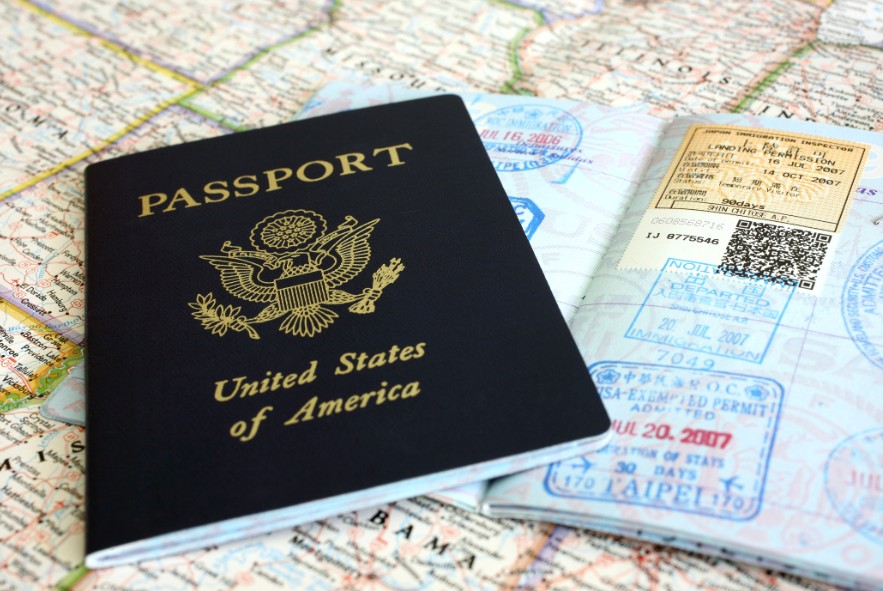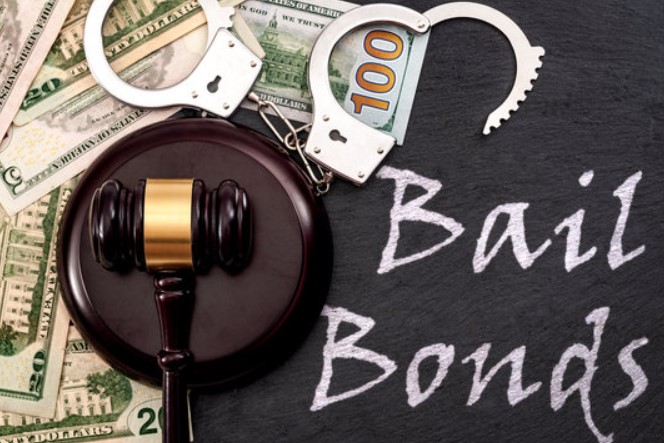If you or a loved one is arrested, bail may be set to release them from jail before the trial. Bail is a monetary deposit that the court will return once the accused appears for trial.
However, only some have enough cash to pay the full bail amount. The next best option is a bail bond.
How Does Bail Work?
Bail bonds are a financial guarantee that an accused person will attend court. The defendant pays 10{3cee7a67df6e0fc4e67b8b1bc6ab244a94776f03bf87197e21cb80a38b2444d2} of the total bond amount to a bail bond company and is refunded the money at the end of their case if they follow all court orders.
In cases where the judge sets a high amount of cash bail, it can be difficult for the accused to come up with the 10{3cee7a67df6e0fc4e67b8b1bc6ab244a94776f03bf87197e21cb80a38b2444d2} upfront payment. This often forces them to pawn or sell valuables, dip into their savings, or borrow money from friends and family. This can compromise their privacy and reputation and also make them more likely to skip their court dates.
If the accused does not appear for their court date, the bail bond company will forfeit the 10{3cee7a67df6e0fc4e67b8b1bc6ab244a94776f03bf87197e21cb80a38b2444d2} paid to them and notify the courts of the default. The court will then issue a warrant for the accused’s arrest. This can have serious consequences and may lead to additional charges if they are caught.
What Are the Advantages of Bail Bonds?
Besides reducing flight risks, bail bonds can help people relax and focus on their cases. It is hard to work on a case with your attorney and prepare for trial when you are in jail. With a bond, you can spend time with your family and concentrate on legal strategies.
A judge determines if someone can be released on bail based on their criminal record, the severity of the crime, whether they are a flight risk and more. The court also looks at the ability to pay bail. It can be not easy to get the amount of money together to pay for bail. If a defendant relies on banks or relatives to assist them, they can sit in jail for days while they wait.
Bail bonds Schuylkill County, PA can quickly provide the money needed to post bail, allowing the defendant to return to their daily lives and avoid losing income while they await their trial date. Moreover, they can focus on their legal strategy without the stress of missing work days.
How Can I Get a Bail Bond?
If you or a loved one is arrested, getting out of jail on bail can be tricky. A judge determines bail based on factors like the severity of the alleged offense and the likelihood that the defendant will commit additional crimes or flee before trial.
Rather than paying the full amount of bail, some people choose to work with a bail bondsman. Bail bondsman companies charge a non-refundable fee (usually 10{3cee7a67df6e0fc4e67b8b1bc6ab244a94776f03bf87197e21cb80a38b2444d2} or less of the total bond amount) and require the person or company paying for the bond to put up collateral, such as cash, property, or the deed to a home.
The bail agent keeps the collateral until the accused appears in court to avoid forfeiting it. In addition, the bail agent may require contact information and periodic check-ins to ensure that the accused is attending their court dates and following other court-imposed conditions of release. The bondsman also writes up contracts for the people or companies paying for the bond that clearly state the premium and collateral paid, as well as the consequences if the accused fails to follow court orders.
What Are the Disadvantages of Bail Bonds?
Unless you or your loved one can pay the full bail amount within minutes at the time of booking, a bondsman is often the only option. However, this type of bond comes with its own set of disadvantages.
Bail allows individuals to continue working, take care of their children, and remain stable during a difficult and uncertain time. It also enables individuals to collaborate with their attorney and prepare for court proceedings in a manner that could make a difference in their case.
Lastly, a person who is out on bail can spend time with family and friends, which is something they may not be able to do in jail. Of course, it is important to note that the person who pays for a bail bond is ultimately responsible for making sure they show up for their court proceedings. If they do not, the person who paid for the bond must pay back the bail money.






More Stories
How Law Firm Marketing in St. Tammany Parish Can Change Your Practice
Marketing for Personal Injury Attorneys: From Search to Signed Cases
How to Claim an Inheritance in Colombia if You Live in the U.S.